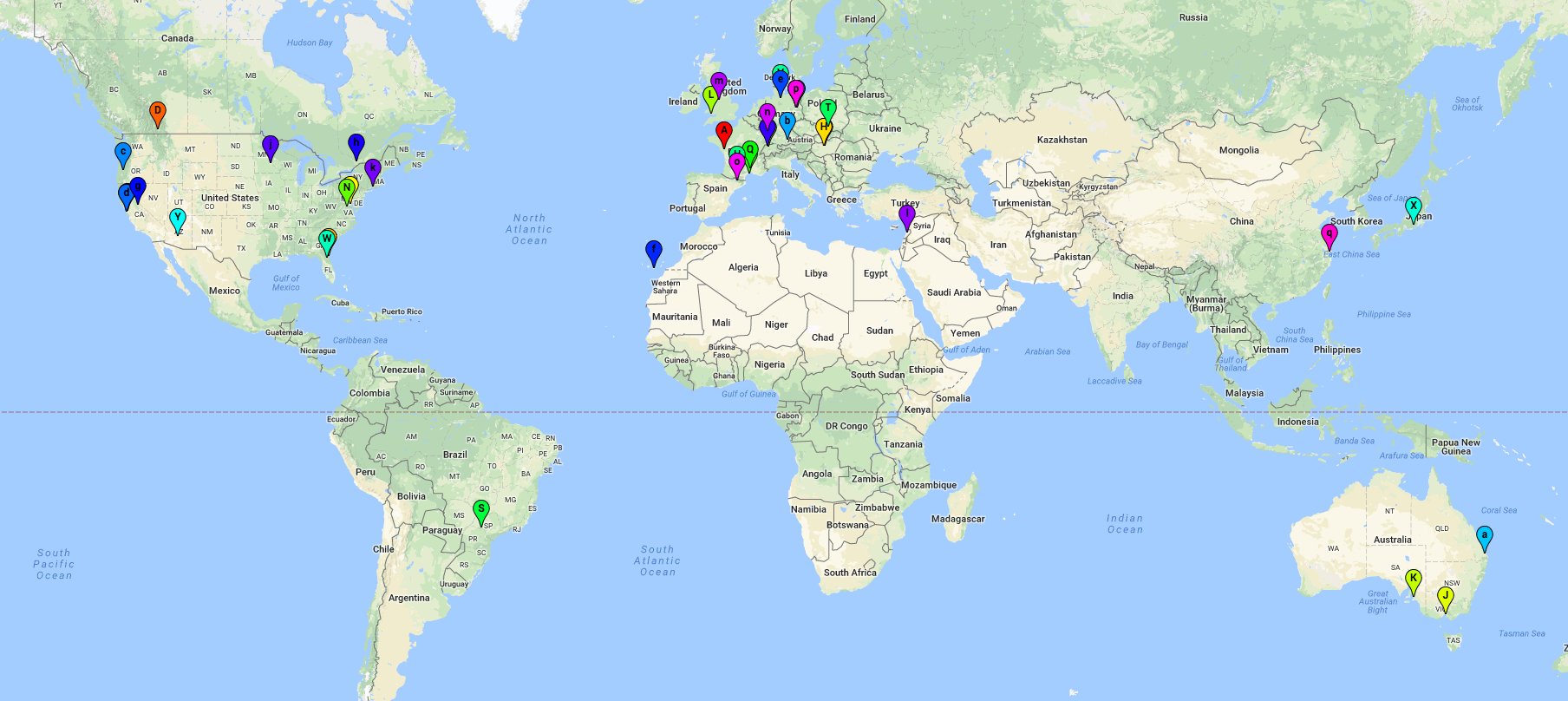June 2018
Table of Contents
Welcome to the June Newsletter!
In this issue, we’ll cover a brand-new Gradle release, which annotation processors have gone incremental, and Gradle C++ project support in CLion. In other news, Gradle is hiring — see details below.
From the Community
Here are some interesting pieces and projects from the past month.
- The story of a Java to Kotlin migration — Lessons learned from JB Nizet migrating sources and Gradle build scripts to Kotlin.
- Generating stubs with Swagger Codegen and Using a custom template for Swagger Codegen — 2 informative articles using Swagger Codegen and Gradle by Arnold Galovics.
- Implementing an intuitive versioning and release strategy — Ben Muschko walks through versioning and release automation with Gradle and Travis CI.
- Treat your build files as you treat your code — In this blog post, Jarosław Michalik advocates for applying good engineering to your build scripts, specifically calling out a strategy for extracting variables and staying DRY.
- Executing Gradle builds on TeamCity — A JetBrains-contributed Gradle guide walking through TeamCity setup for a typical project.
- google/osdetector-gradle-plugin — Detects the OS name and architecture, providing a uniform classifier to be used in the names of native artifacts.
- commercehub-oss/gradle-avro-plugin — Perform Java code generation using Apache Avro via Gradle.
- tbroyer/gradle-incap-helper — Helper library and annotation processor for building incremental annotation processors.
Have a blog post or plugin you’d like to see featured here? Just send us an email with the details to newsletter@gradle.com.
Gradle 4.8
A shiny new Gradle build tool release 4.8 comes jam-packed with features:
- Dependency locking, making builds reproducible even when using dynamic dependencies
- New type-safe DSLs to customize POMs or Ivy module descriptors for publishing
- Signing plugin support for signing all artifacts of a publication
- More robust incremental annotation processing
- Kotlin DSL v0.17, featuring faster configuration time and convenient configuration of nested extensions
- Improved Gradle native support allowing better control over system include path and more
Read the full release notes for more details and examples.
Adopting Incremental Annotation Processing
Since Gradle 4.7, several annotation processors have begun declaring support for incremental annotation processing, with Lombok and Android-State leading the way.
Users of these libraries should upgrade to their latest versions to get faster builds as they opt-in to incremental compilation. You can follow progress of your favorite annotation processors in this GitHub issue-turned feature dashboard.
CLion + Gradle for C++ Projects
We are excited to share that JetBrains CLion 2018.2 EAP includes support for projects that use the new Gradle C++ plugins.
You can try this out with one of these sample projects or your own and provide feedback via Twitter or YouTrack for CLion.
We think this is a big step forward for enabling better automation of native projects.
Upcoming online training
- Jun 7: Build Cache Deep Dive
- Jun 26-29: Advanced Gradle Fundamentals for Java/JVM
- Aug 7-8: Introduction to Gradle
- Anytime: Maximizing Developer Productivity with Gradle Enterprise
Gradle is hiring!

You can improve workflow for millions of developers with a remote-first, flexible, and ambitious team. Interested? Here’s a few of the roles we’re looking for right now.
- Gradle Enterprise Android, back-end, and front-end engineering
- Gradle Build Tool distributed builds and dependency management engineering
- A sales development representative to work with marketing and sales teams
You can learn more at gradle.com/careers.
Until next time!
—The Gradle Build Tool Team
If you have some news you’d like us to share in the next issue,
let us know using the #community-news channel on the Gradle Community Slack or by mentioning @Gradle on Twitter/X.
Until next time!
— The Gradle Team
|
Gradle Inc. | 2261 Market Street | San Francisco, CA 94114 |
||||
|
|
